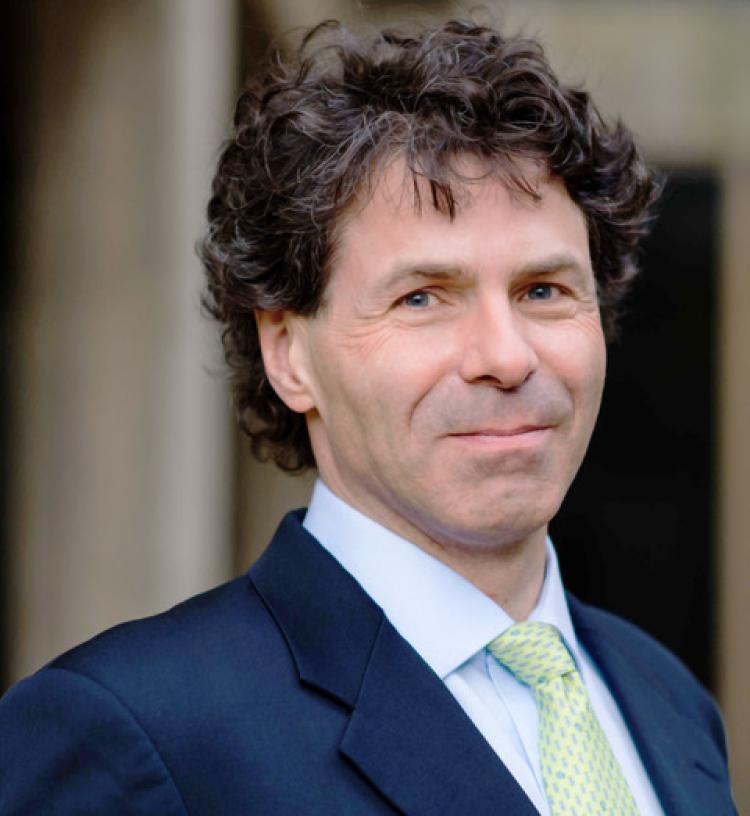Profiles in Applied Math - François G. Meyer


Before coming to the APPM Department, Professor Meyer spent the last twenty years in Electrical Engineering here at CU – eventually becoming Department Chair in 2017. Meyer was an Assistant Professor at Yale, a visiting research scholar at Princeton, and much more, which can be found on his personal website.
Professor Meyer has taught many classes, which include, ECEN 2010 (Introduction to Biomedical Engineering), ECEN 2250 (Introduction to Circuits and Electronics), ECEN 2703 (Discrete Mathematics), ECEN 3300 (Linear systems), ECEN 3810 (Probability), ECEN 4532 (DSP Lab), ECEN 4632 (Introduction to Digital Filters), ECEN 5322 (Search Engines and Analysis of High-Dimensional Datasets), ECEN 5632 (Theory and Applications of Digital Filtering), ECEN 5672 (Digital Image Processing), and ECEN 5012 (Wavelets and Filter Banks).
Q: How would you describe your work?
A: It is interdisciplinary: the work is sitting at the intersection of applied probability, graph theory, and some flavor of fast computations. The applications are strongly oriented towards neuroscience, specifically neuroimaging, so I develop algorithms to analyze noisy and massive datasets. The data are very large and complex: extracting the significant and interesting part of the data requires some nontrivial effort. The size of the data forces us to devise efficient algorithms. I am not just interested in developing algorithms, I also like to prove that they are actually correct, in the sense that if I have a model of the data, then I can prove that I am doing the right analysis.
Q: What’s your favorite part of your work?
A: The favorite part is of course the training of the students: I bring students to an area that is very active. This area of applied mathematics where you build new methods to try to understand the structure and geometry of large datasets. The level of sophistication of the mathematics is going up, so the students have to know more sophisticated applied mathematics. For the students, the recompense of their hard work are extremely successful careers in data science.
Q: What brought you to Applied Math at CU, given that you have worked at prestigious institutions like Yale?
A: I was fortunate to work with some truly exceptional mathematicians at Yale. These were formative years in a marvelous institution. Joining the University of Colorado at Boulder was a natural career move.
Q: What are you most excited about in the department?
A: I am teaching discrete math at the moment, and I am just in awe and admiration at the students’ talent and their desire to learn the beauty of mathematics. It has been a long time since I have seen this passion at the undergrad level. I have been working with APPM graduate students for more than 20 years, and I appreciate their passion for research. I have been interacting with the faculty for many, many years; several APPM faculty members have had profound impacts on my career.
Q: What advice would you give to a student in the department?
A: I think fervent intellectual curiosity and imagination combined with hard work is the best thing that can happen to you at both the undergraduate and graduate levels.


